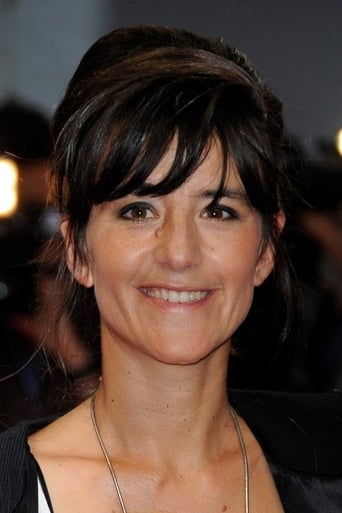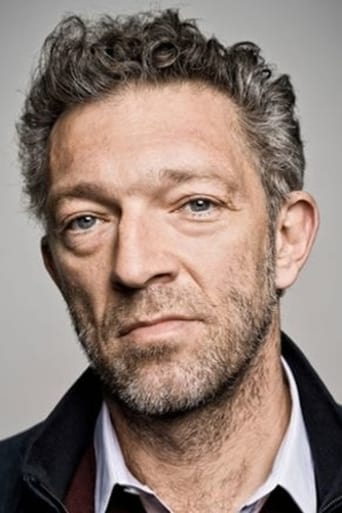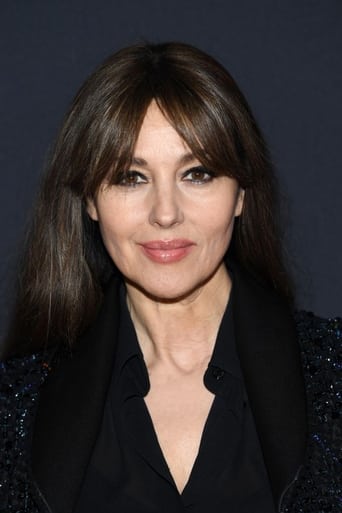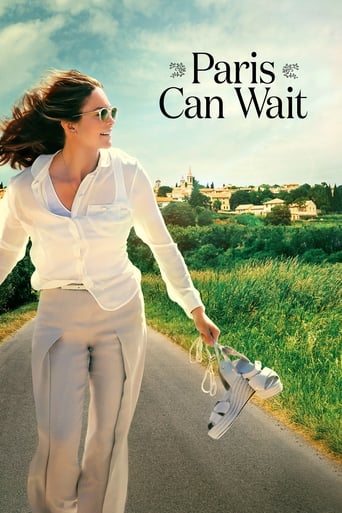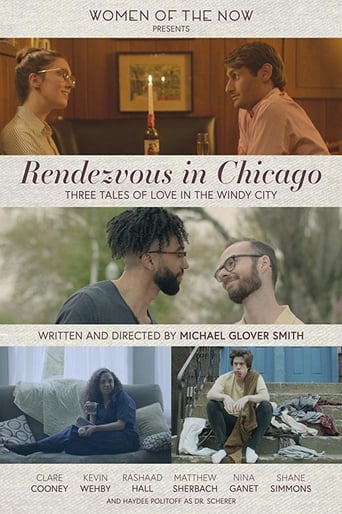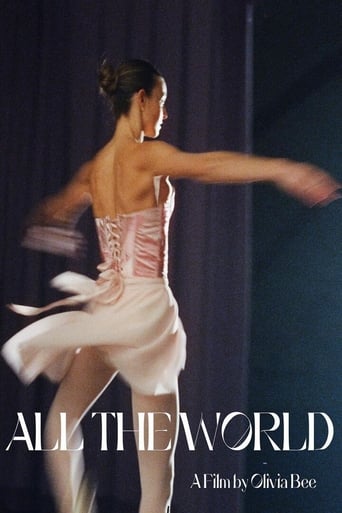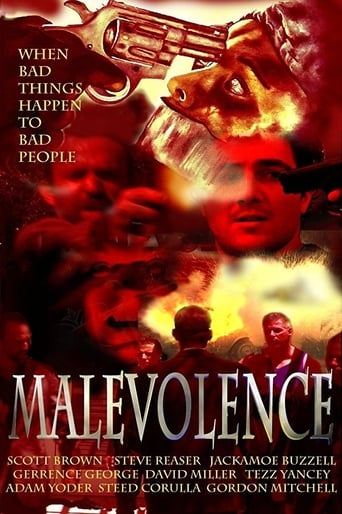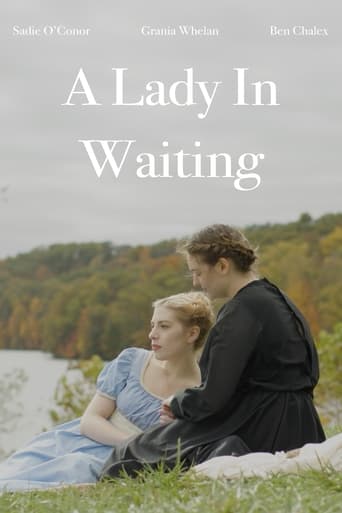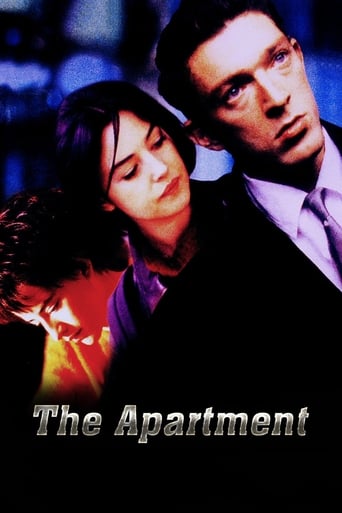
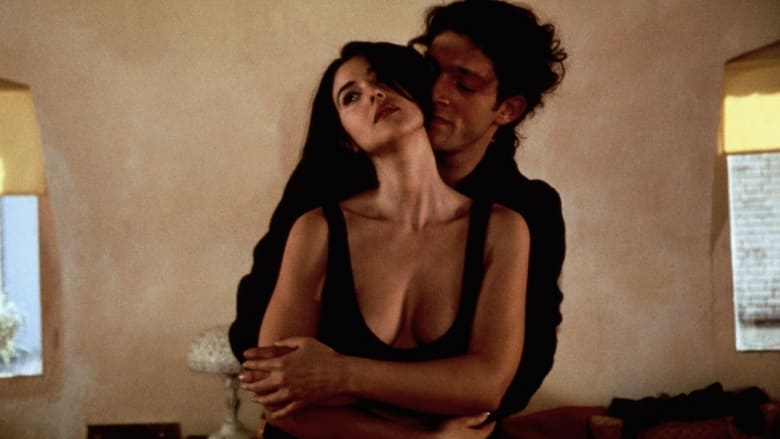
The Apartment (1996)
Max is a former playboy who has decided to settle down by marrying his current love, Muriel. However, when Max catches a glimpse of the great lost love of his life, he becomes obsessed with rekindling their relationship.
Watch Trailer
Cast


Similar titles
Reviews
An uneasy, probably lightheaded young man, portrayed with the right anxious anchoring for us viewers by Vincent Cassel, has a chance encounter with the voice of his great love that abandoned him mysteriously two years ago; I say his voice because he overhears a conversation and then just sees his love from the behind running away. He has the good luck of finding her hotel room keys and embarks on the dangerous, mysterious journey of discovery interspersed with the flashbacks of his earlier amorous journey with that woman that explains his infatuation, builds up the mystery for us, is not without its whimsical french humor, and shows him as a lightheaded younger version of himself contrasting with his more respectable, as in lawyer, version, which displays no french revolution ponytail.This is a hard cocktail to pull through. The writer/director makes this half of the story a Hitchcockian pot-pouri that ranges from Vertigo (as Scotty gets on tracking down Madeleine so Max here follows the car in an almost copy paste manner, and we also have the scene in the flower shop repeated with the same color-range) to Rear Window (the theme of voyeurism) to North by Northwest (the theme of identity, mistaken, searching in a hotel for a ghost of a person), to name what was obvious for me.Then the film shifts gears into a different cinematic spectrum. What does an apartment have? Well, it has a tenant - and that is the synopsis of the film: from building up a hitchcockian mystery it delivers us to the grotesquerie of Polanski's half-psychological tales. That for me is unworkable; except for Repulsion, that is mainly for Deneuve's performance, I do not care much for Polanski's oeuvre: there is always something rancidly overworked in his films - so, when you pass form Hitchcock's imperturbable style to something self-conscious, this brings the house down. Even if Belucci's beauty lures us or we find her acting puffy and with a distant core, she still has underdeveloped her star radiance for her to truly matter; even if Cassell plays his antics with more insight maybe than the film allows and his comedy is spot-on and intuitive and makes one certain this works as a comedy only, even if it is close to a delirious, masochistic conception of cinema as joke on the director's part, it is mainly that shift in tone that makes the film flop and exposes its weaknesses: as a thriller it has too many improbabilities; as a comedy (watch how the music in the film works towards that direction: the opening credits are more pop and pun than a thriller would allow as the delicious, and one fears consciously cheesy and sarcastic repetition of Aznavour) has a too serious structure; it works best when one conceives it as rancid commentary on French connection, to put it that way. (It has the same analogous relation watermarked de Palma has with watermarked Rorty in the States around that time masking aversion to theory as pragmatism once more; as in France with the "nouveau philosophes" and their awkward rediscovery of Kantianism, the way the nineties rediscovered noir with neo-bourgeois results.)It may be interesting to see what the director/writer did as producer with the American remake of the film, but then again it may not be that interesting.PS Bohringer gives an almost powerhouse performance, but is constantly at odds with the film. This could have been superb, if one could be persuaded that she is elusive as any version of noir allows, the way the scenario handles her nevertheless makes her presence in the end irrelevant, which is all the more pitiful, irrelevant as a bad parable for french social security, I am tempted to say. As in the meantime I have discovered, Romane was named after Roman Polanski! Now tell me this has nothing to do with the film; it is as if Mimouni wanted to revive the french genre of roman (pun obliged!) a clef in cinematic terms, which turns him into a mad prankster, and explains the enigma of his hapax cinematic endeavor in a most unfavorable light.
All credit to writer/director Gilles Mimouni who fashioned this winding, twisting tale of deceit and betrayal. While keeping the utmost control, he maintains the audience at arm's length, never allowing them to become completely aware of the goings on. Even his clever denouement has you guessing.The three central performances are also top class, with Vincent Cassel, Romane Bohringer and Monica Bellucci doing their utmost to add to the mystery. Jean-Phillippe Ecoffey supplements strength in his supporting role. To give away plot details or character specifics would not be fair.Thierry Arbogast uses the camera effectively to sweep us through this enigma, and Cardine Biggerstaff's editing keeps the story a step ahead of us. The theme from Peter Chase is sublime in its marriage to the ideal of the script.Many may say Gilles Mimouni is trying to confront several deeper issues on the them of love. For me this is simply a haunting, elusive riddle that weaves a fascinating web. Only the French are capable of such tantalisation. Hollywood would have ruined this with a happy ending.Monday, March 2, 1998 - Hoyts CroydonNo-one does thriller quite like the French. When they get it right, they really get it right.Vincent Cassell is intriguing as the deceptive Max, Romane Bohringer obsessive as the new Lisa, and Monica Bellucci is mysterious as the first Lisa. The plot from Gilles Mimouni is a whirlwind of deliberate deception and fatally crossed wires.All credit must go to his manipulation of the clever plot, and the performances from the three leads. As Lucien, Jean-Phillippe Ecoffey is strong and emotional.Friday, January 15, 1999 - Video
I just saw this film again, I believe for the sixth time. I will doubtless see it many more times. This is one of the most brilliant French films ever made. Although the film is mysterious, even more mysterious is what happened to the writer and director, Gilles Mimouni. For ten years he has not made another film, and this was his only one. The story and execution of this ingenious film are perfect, and it is clearly paying homage continually to both Hitchcock and Buster Keaton. The split-second timing of the movements is just as carefully controlled as the scene where the side of a house falls on Keaton in 'Steamboat Bill Junior', and he is only not killed by inches. In this film, people stoop and turn and pass one another unawares, and if they had been one second off, they would have collided. The storyline thus walks a tightrope of chance events to such an intense degree that you cannot take your eyes off the screen for even a millisecond, or you will miss something crucial. The haunting, albeit intentionally repetitive, music by Peter Chase is reminiscent of Hitchcock's 'Vertigo', and the whole film has the same eerie quality, but whereas Hitchcock had one woman be two women, Mimouni has two women be one woman, thereby inverting the plot structure. There are passing references to other Hitchcock films, but it is 'Vertigo' which is central to the inspiration of this film. The theme may seem superficially to be obsessive love, but the film is really about the magic of everyday chance events, the invisible threads behind the tapestry, the ineffable. Everything is hyper-charged with passionate love and desire, but the desire transcends its object and struggles towards something behind and beyond the object. That is why it is so easily transferable from Lisa to Alice, when it is realised that it is Alice who is more mysterious than Lisa, and it is Alice who truly embodies the Eternal Mystery. The film is ultimately 'made' by Romane Bohringer. She is so fascinating that she outshines Monica Bellucci, which is really something to pull off, considering that Bellucci is a knockout beauty, whereas Bohringer is what the English call 'plain'. However, Romane Bohringer had even at this early date more than mastered the art of 'personality dominance', whereby beautiful girls fall by the wayside and don't get noticed because Romane is being so fascinating you can't take your eyes off her long enough even to look at the beautiful girls, and you end up only thinking of her. Most of us remember, I'm sure, her father Richard Bohringer lying in a bathtub listening to opera in the film 'Diva' many years ago. I would rather watch Romane than Richard lying in a bathtub, but there seems to be some genetic secret to being fascinating, because Richard Bohringer is spellbinding too, and he isn't even a woman. Romane looks as if she may turn into Anna Magnani when she is much older, and that means she will get an Oscar, if someone can only write another 'Rose Tattoo' for her. The girl has so much passion inside her, she could set the Seine on fire. Wouldn't it be wonderful if she and Julie Delpy teamed up? This film made wonderful use of Paris locations. But where is this 'square in the Luxembourg'? It looked like Place Furstenburg to me. Maybe I missed something. I must watch the film another six times, just to study the precision of the timing and who brushes past whom, and make sure I've got it right. The whole thing is like ten gigantic simultaneous chess games played blindfolded by a grandmaster. How thrilling it all is! Romane, you can look through my window anytime! Mimouni, come on over, let's discuss impossibilities, unlikelihoods, coincidence, synchronicity, everything that is going on that is invisible and how it effects the visible. And once again, we have here the spirit of Breton's novel 'Nadja' embodied in a great French work of art. More! More! More!
I love French cinema,vraiment,but this sort of slop gives it a bad name. For every zingy,stylish Diva there are sadly many more turkeys like this. Firstly,as others have pointed out,the actors are more given to pouting and exuding existential angst than actually filling out believable characters. I couldn't have cared less about a single one of them,which is a fatal flaw in any film in my book. Implausible,unsympathetic and nauseatingly narcissistic. Worst of all is Monica Bellucci ("ooh,isn't she so yummy?") who swans through the film to no great effect,her role merely to be absurdly gorgeous and act as a hollow erotic talisman for the archetypal passionate yet soft-headed French romantic lead,played by the gormless Cassel. God,I bet they made a riveting couple when they were married. I watched the movie over several sittings as it just did nothing to hold my interest. The flashbacks and changes in perspective succeeded in alienating me and muddying the already creaky plot and were presumably stuck in there to earn the director "cred points" rather than for any coherent artistic effect. Subsequently when it thankfully drew to its close,I was none the wiser about who did what and to whom. Or more importantly why? We are supposed to buy that old French canard (geddit?) about men and women losing their heads pour l'amour. Then again did Max ever really love Alice/Lisa/his fiancée? How did everyone afford to live in such high Parisian style when none appeared to do much work? Where did Alice get her money from anyway? Oh yes,she was a sometime actress as we saw in that superfluous sub-plot about the Midsummer Night's Dream production. Talk about cynically pandering to amateur critics to facilitate guff about " plays-within-plays" and so on! More proof of a director too interested in ticking "art-house film" boxes and flattering the intelligence of his overawed audience. Before the final conflagration in the eponymous flat,I still wondered if perhaps it was I who'd failed to match up to a fine and complex,multi-layered piece of movie-making. Then when I saw the vacant look on Lisa's face as her bloke torched the place followed by the clichéd slow-mo of Max's mate going backwards through the café window,the man behind the curtain was cruelly shown up. It wasn't me after all-this so-called art film is as much an imposter as Alice herself. And it should be put on a plane to Rome one-way forthwith.


